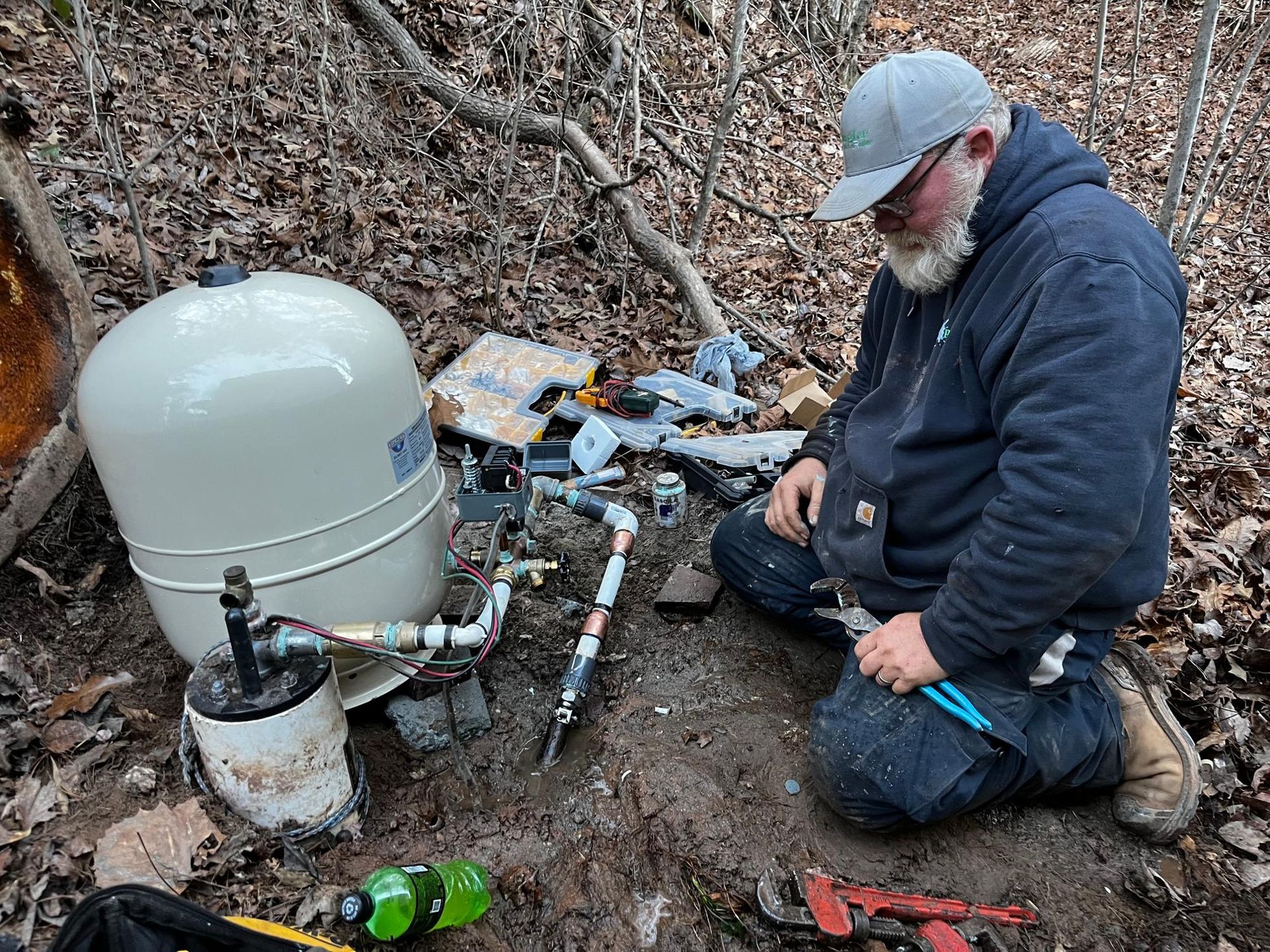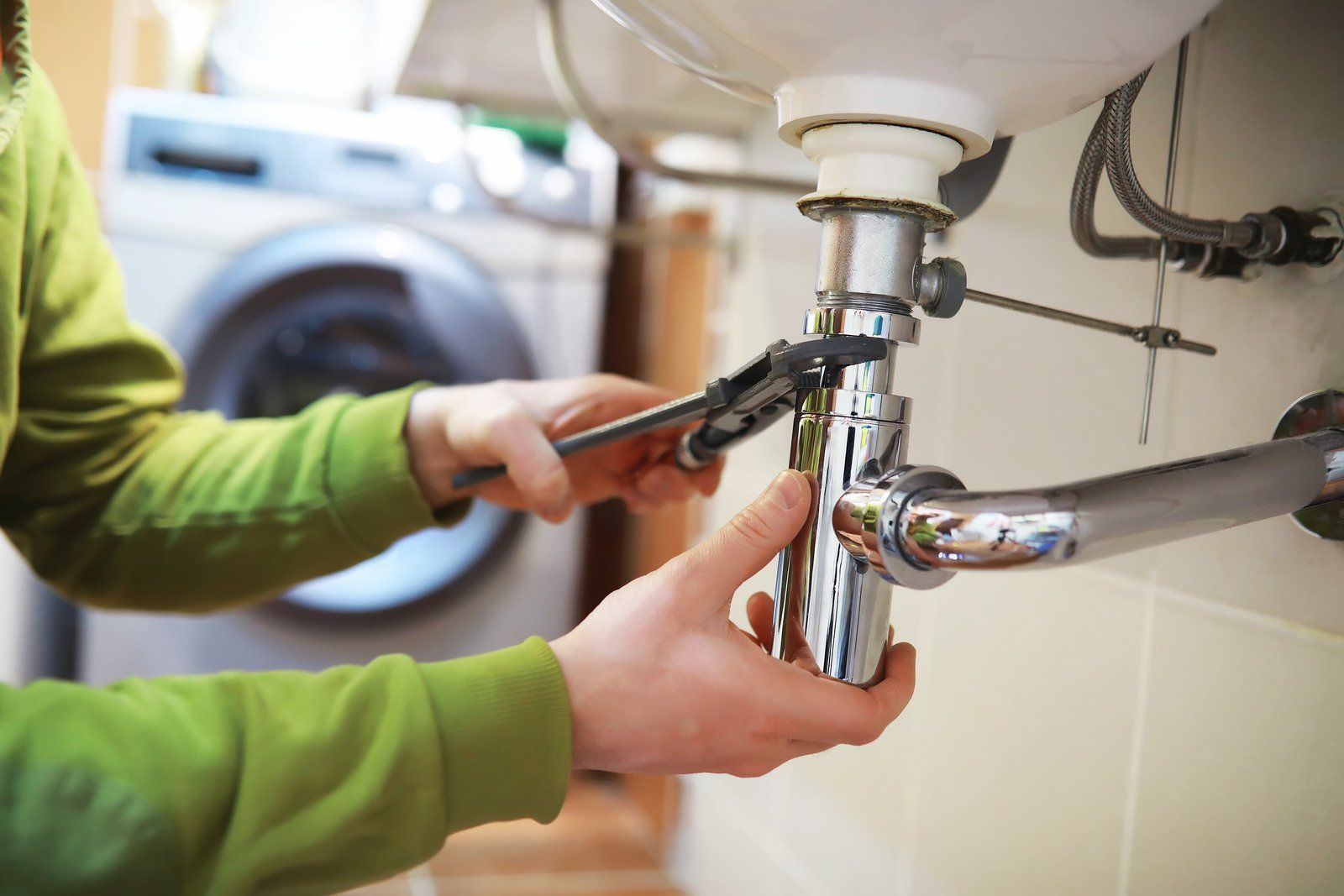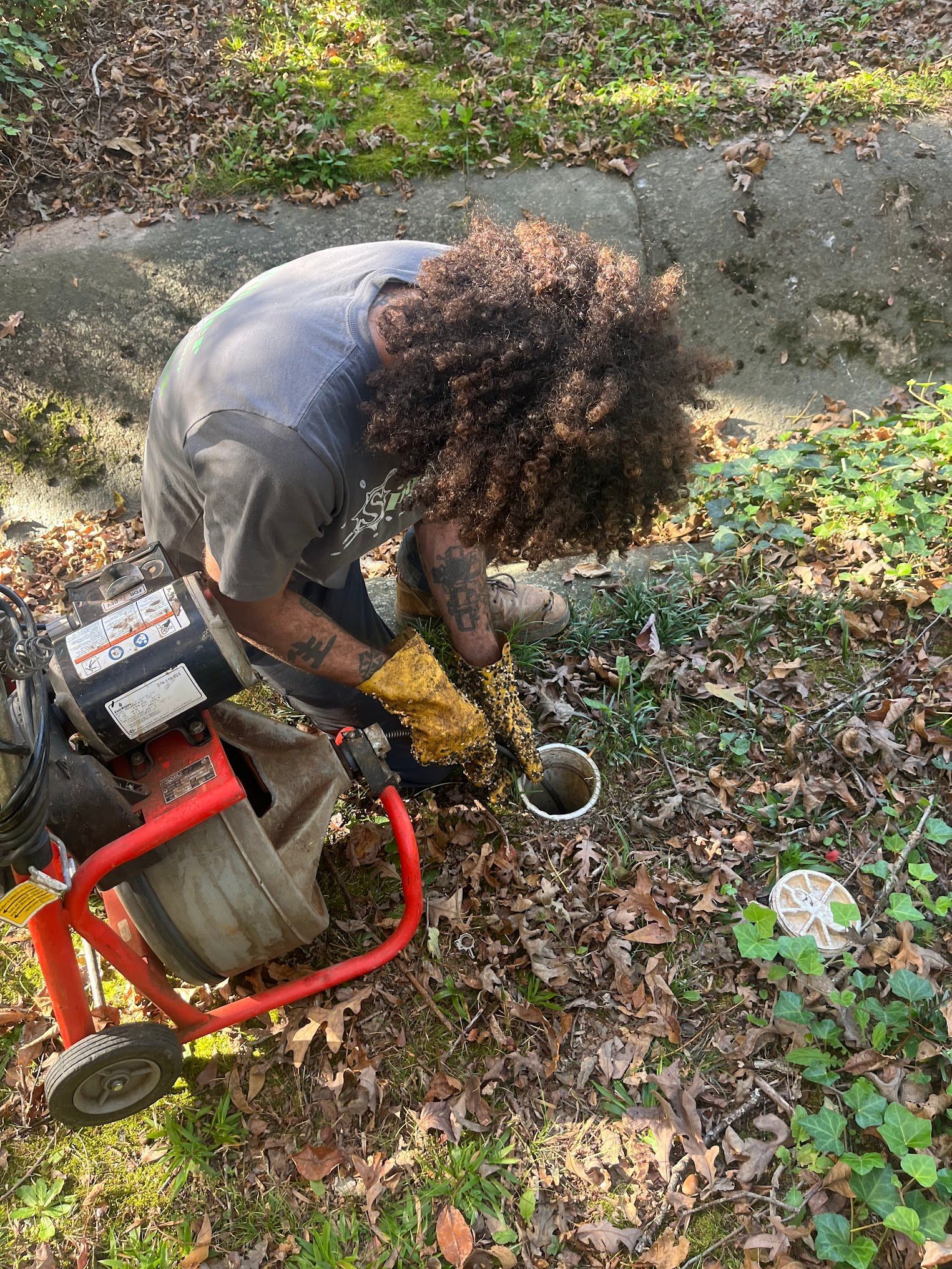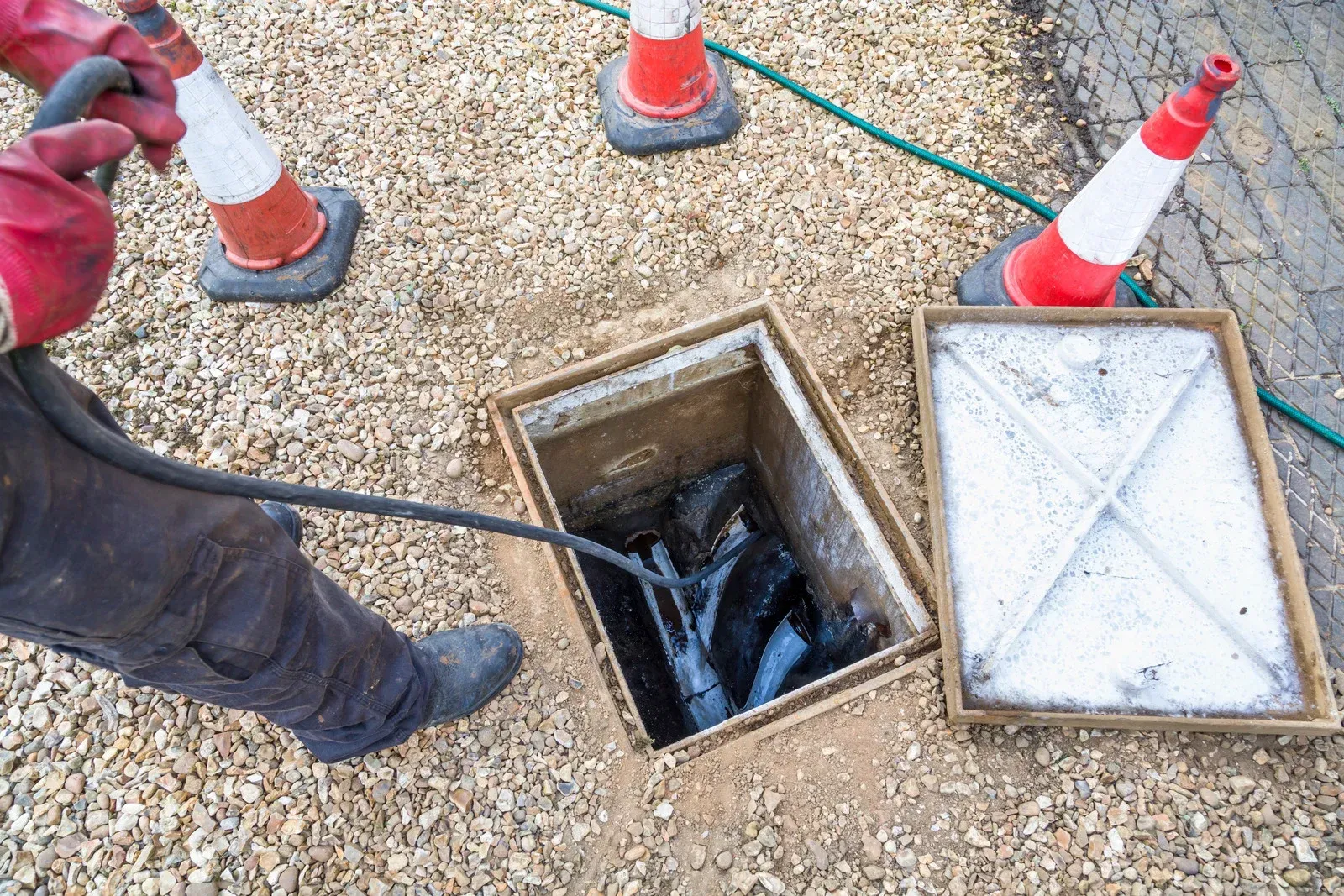Septic System Basics: What Every Homeowner Should Know
For many homeowners, a septic system is a vital yet often overlooked component of daily life. Unlike city sewer systems, a septic system is a private, underground wastewater treatment system that handles everything from your sinks to your laundry. Proper care and maintenance are crucial to prevent costly repairs or environmental hazards. Understanding how your septic system works, common issues, and maintenance practices can help you extend its lifespan and avoid emergencies. In this article, we will examine the fundamental components of septic systems, their operation, and what every homeowner should know to maintain their system's efficient operation.
Components of a Septic System
A typical septic system consists of three main components: the septic tank, the drainfield, and the soil. The septic tank collects wastewater from your home and allows solids to settle at the bottom while oils and grease float to the top. The liquid portion, called effluent, flows into the drainfield, where it is naturally filtered through the soil. Proper soil composition is critical, as it helps break down harmful bacteria and contaminants before the water reenters the groundwater system. Understanding these components helps homeowners identify potential problems early and ensures that their system operates efficiently.
Common Septic Problems
Septic systems can face various issues if not properly maintained. One common problem is clogged pipes, which can result from flushing inappropriate items like wipes or excessive grease. Another frequent issue is drainfield failure, often caused by compacted soil, heavy rainfall, or overuse. Signs of a failing septic system include slow drains, unpleasant odors, wet spots in the yard, or sewage backups inside the home. Ignoring these warning signs can lead to environmental hazards and costly repairs, making early detection essential for protecting your property.
Preventive Maintenance Tips
Regular maintenance is the key to a healthy septic system. Pumping your tank every 3–5 years removes accumulated solids and prevents overflow. Avoid flushing non-biodegradable items, limit the use of harsh chemicals, and conserve water to reduce strain on the system. Periodically inspect your drainfield for unusual wet spots or odors. Planting only grass above the drainfield and avoiding heavy vehicles in that area can prevent damage to underground pipes. Additionally, maintaining detailed records of inspections and maintenance can help anticipate issues before they escalate into emergencies.
When to Call a Professional
If you notice slow drainage, foul odors, or pooling water near your septic system, it’s time to contact a professional. Attempting DIY repairs can often worsen the problem. A licensed septic service provider can assess your system, perform necessary repairs, and recommend long-term maintenance strategies tailored to your property. Professional help ensures that all components of your system are functioning correctly, giving homeowners confidence that their septic system is safe and reliable.
Trust the Experts at Spangler Drain and Rooter
For homeowners in Gaffney, South Carolina,
maintaining a septic system is crucial for ensuring safety, hygiene, and maintaining property value. With over 30
years of experience, Spangler Drain and Rooter
offers reliable septic system services, including routine inspections and pumping, as well as emergency repairs. Their team of skilled professionals ensures that your system operates efficiently, preventing costly problems and protecting your home and the environment. Trust Spangler Drain and Rooter
for all your septic system needs and enjoy peace of mind knowing your system is in expert hands.






